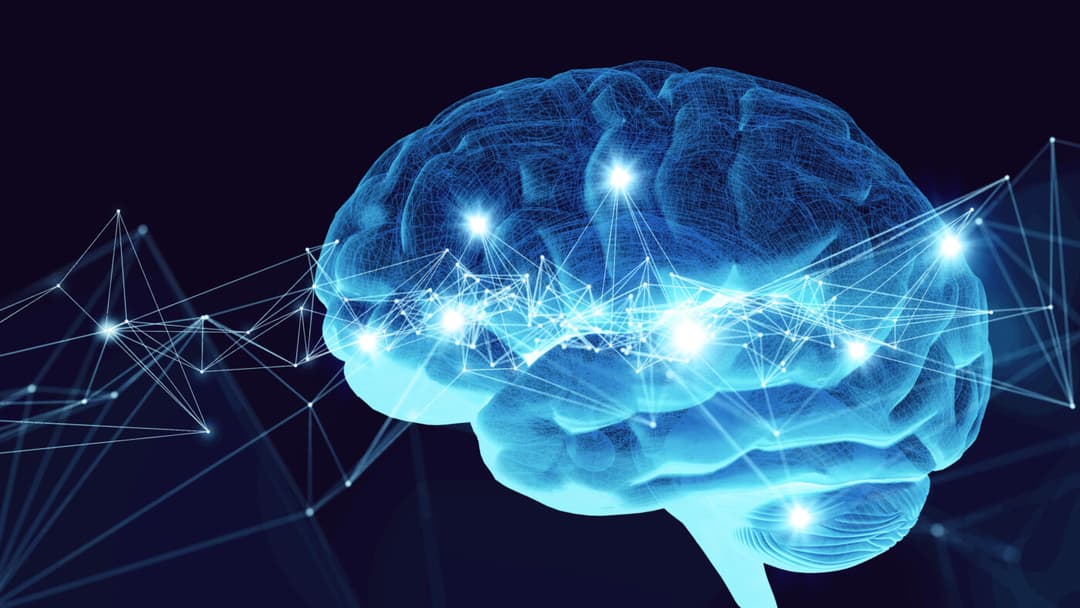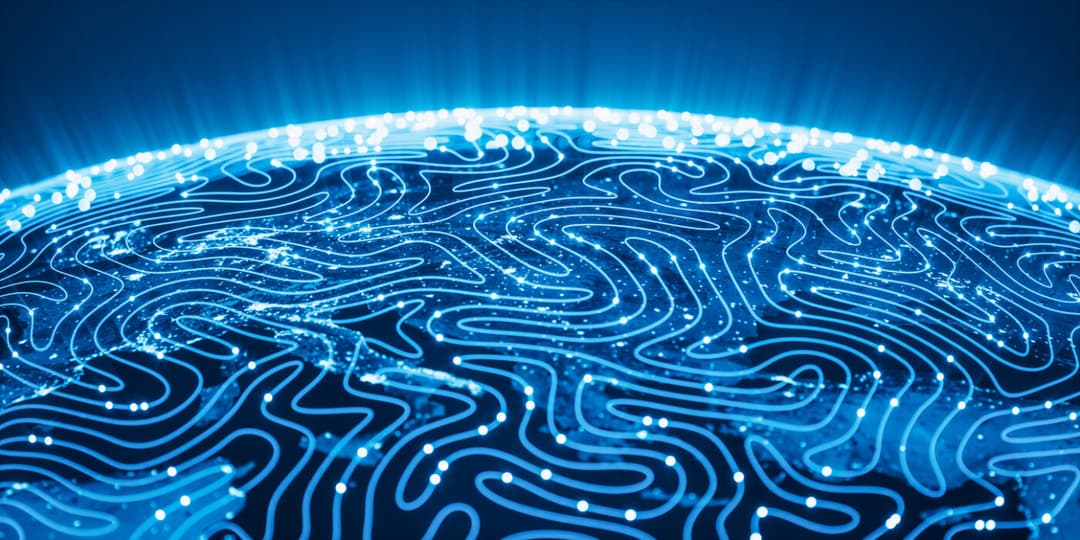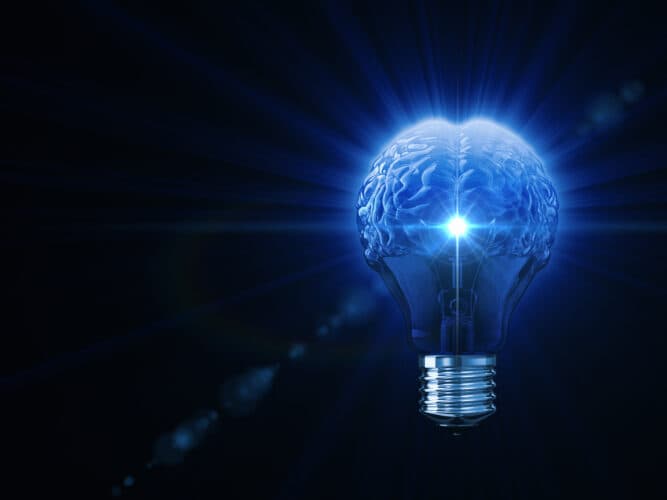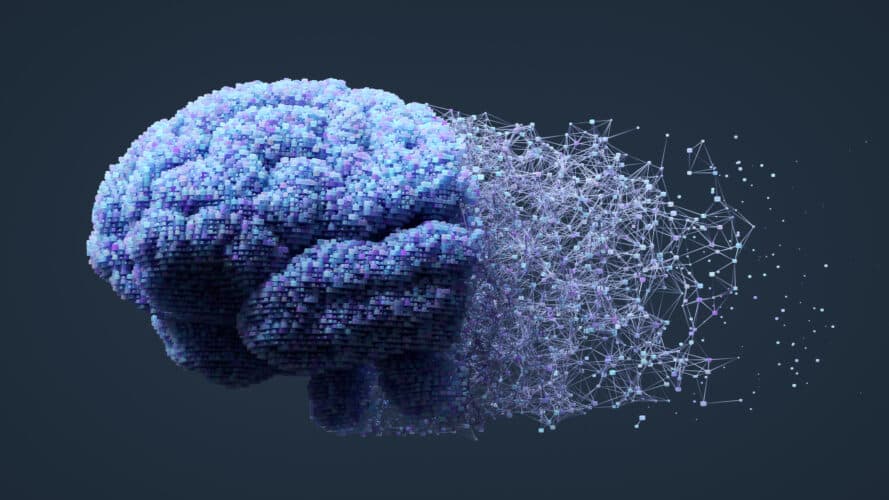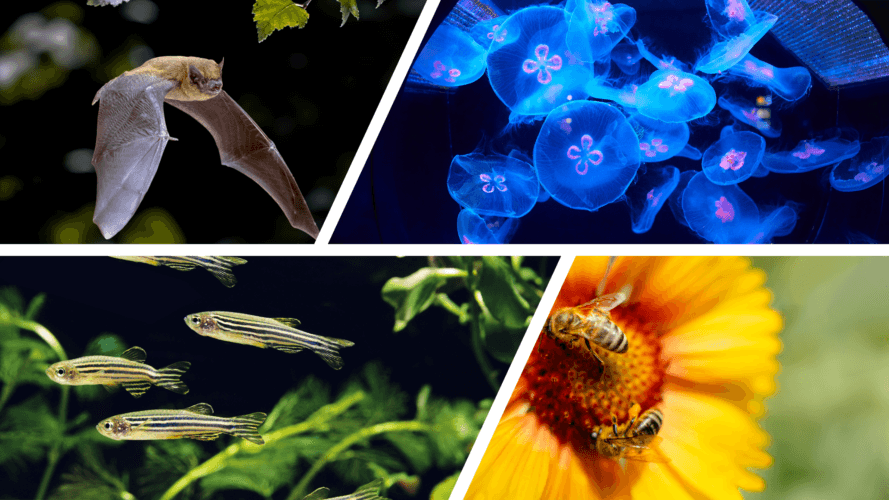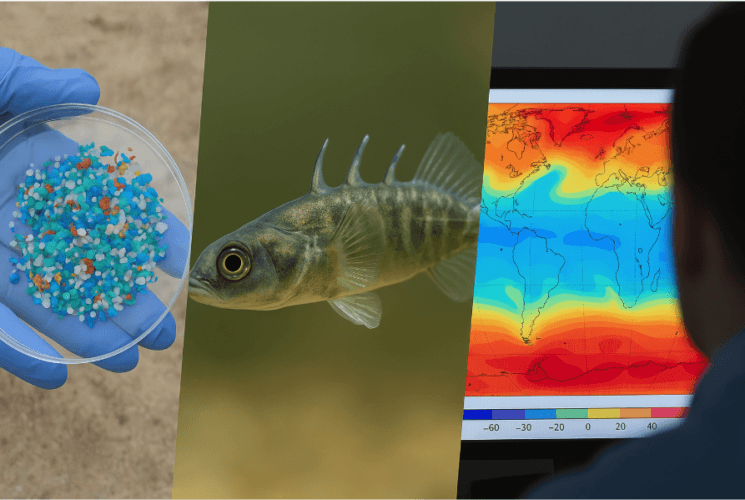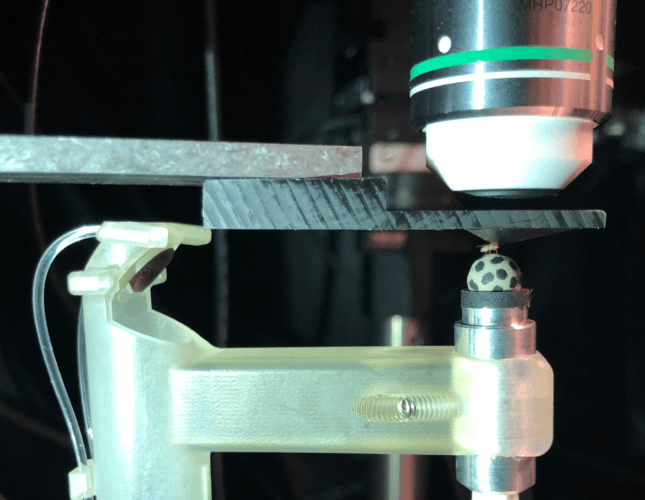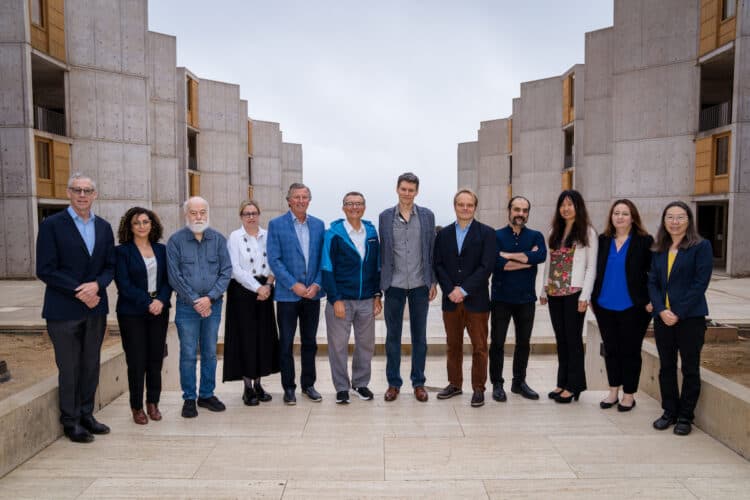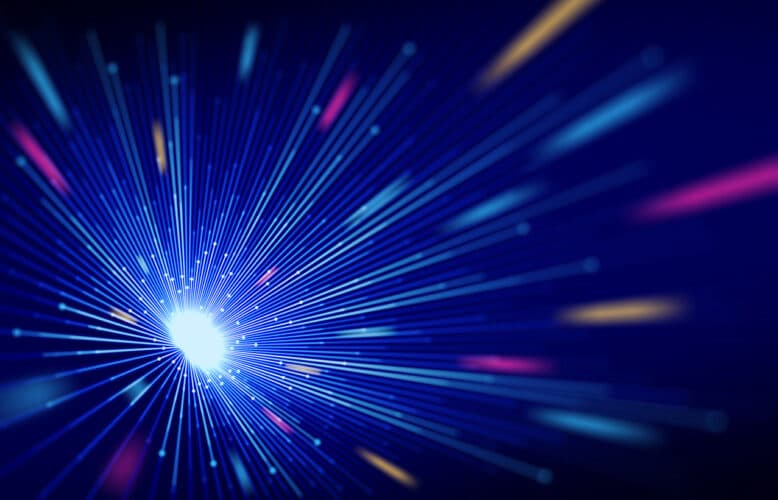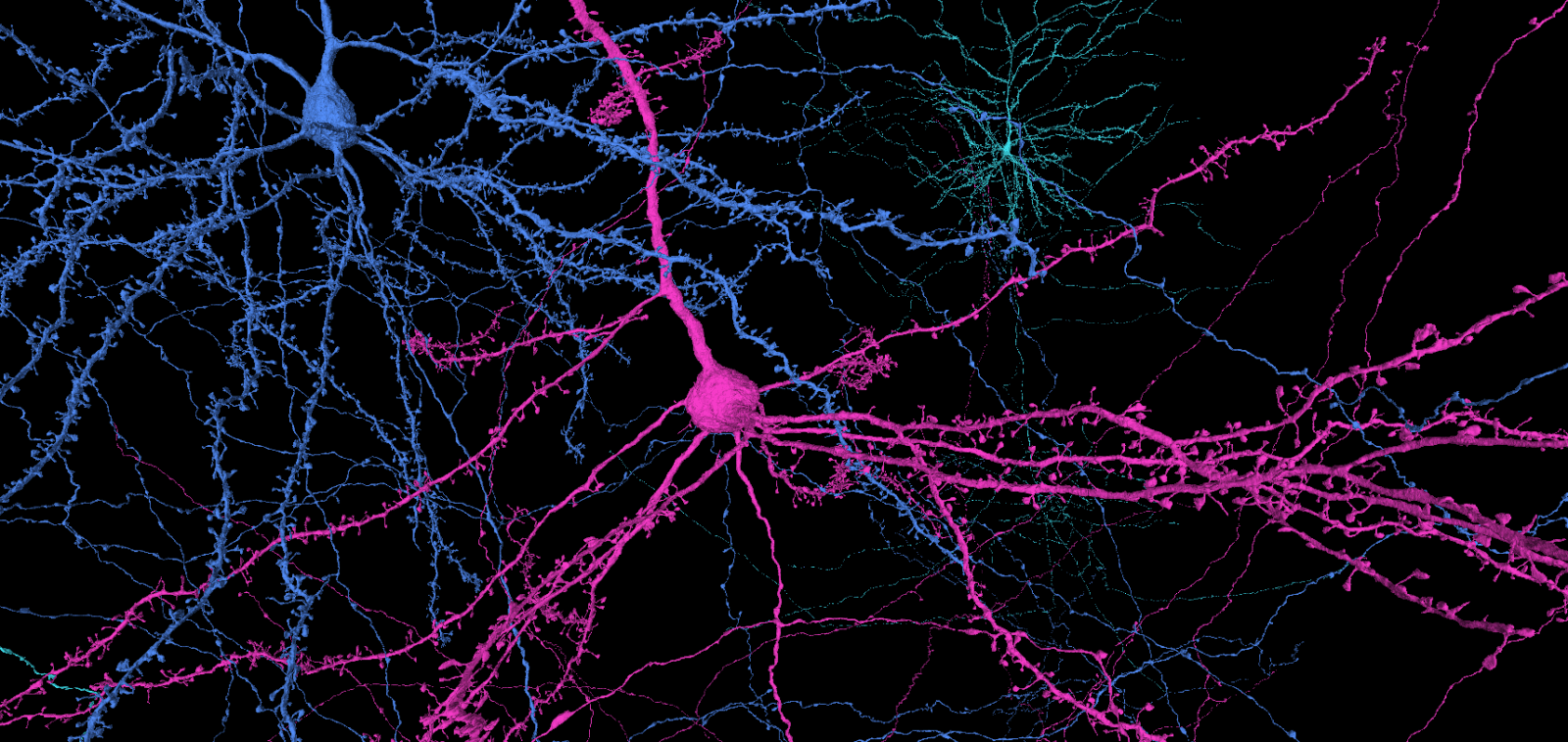
Neuroscience
What is the molecular basis of cognition? How do we observe and measure the brain? How do cells in the brain respond to change? Using the latest tools, techniques and approaches, scientists are generating new knowledge about the brain at many levels – from single cells and circuits to the whole brain. Their efforts are shedding light on how brains develop and change over time, and simultaneously unraveling the processes that underlie memory, behavior and more.
Neuroscience News
Explore the latest news, events, and discoveries from the field of neuroscience.
See All NewsUnlocking new insights from open data in neuroscience
Dec 15, 2025
As the study of neurobiology and changing ecosystems takes shape, scientists reflect on what it will take to build a science fit for the future.
Nov 18, 2025
Neuroscience
AI is altering how scientists study the brain
Oct 20, 2025
An initiative to explore how nervous systems function and evolve in dynamic natural environments
Sep 03, 2025
The Kavli Foundation supports inaugural Scialog®: Neurobiology and Changing Ecosystems Awards
Jun 11, 2025
Neuroscience
Gaby Maimon takes the helm of the Kavli Neural Systems Institute at Rockefeller University
Jun 04, 2025
Neuroscience
The Kavli Foundation and Society for Neuroscience partner on Neurobiology and Changing Ecosystems training series
Dec 16, 2024
Kavli Institute for Neuroscience at Yale Celebrates 20 Years
Dec 11, 2024
Neuroscience
New Kavli Exploration Awards in neuroscience will advance photonic technologies
Dec 02, 2024
Kavli Institutes
- Kavli Institute for Brain and MindUniversity of California, San Diego, and the Salk Institute for Biological Studies
- Kavli Institute for Brain ScienceColumbia University
- Kavli Institute for Fundamental NeuroscienceUniversity of California, San Francisco
- Kavli Institute for NeuroscienceYale University
- Kavli Institute for Systems NeuroscienceNorwegian University of Science and Technology
- Kavli Neural Systems InstituteRockefeller University
- Kavli Neuroscience Discovery InstituteJohns Hopkins University
Partnerships
The Kavli Prize in Neuroscience
The Kavli Prize in Neuroscience is awarded for outstanding achievement in advancing our knowledge and understanding of the brain and nervous system, including molecular neuroscience, cellular neuroscience, systems neuroscience, neurogenetics, developmental neuroscience, cognitive neuroscience, computational neuroscience, and related facets of the brain and nervous system.
Neuroscience is the science of the brain. The brain itself is the most complex and the most advanced product of nature and basic to the very existence of the human being.
- Fred Kavli

